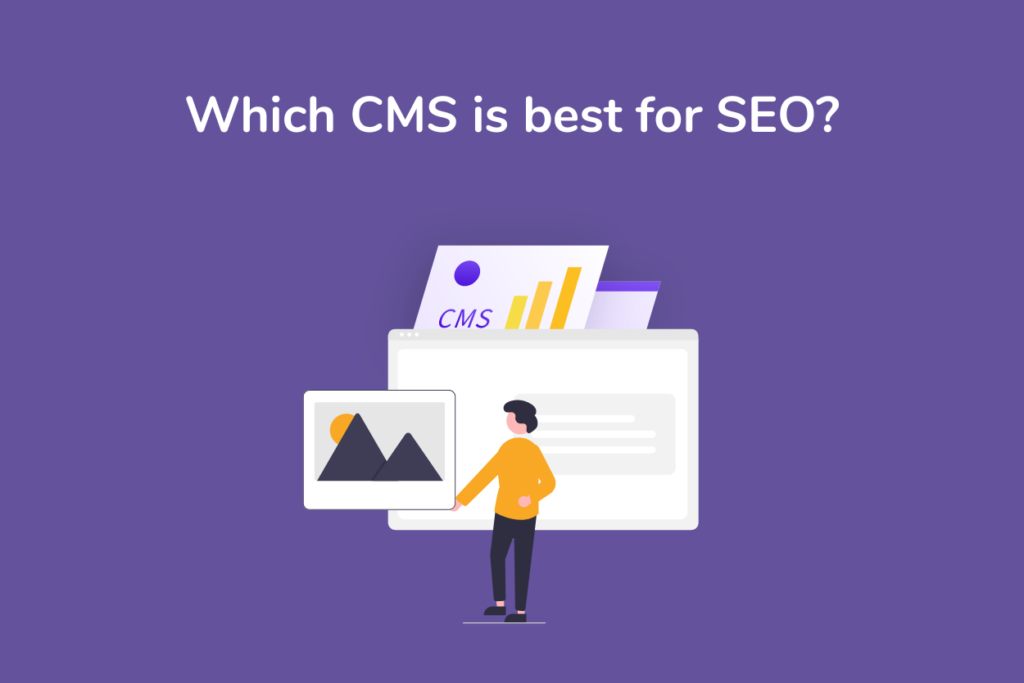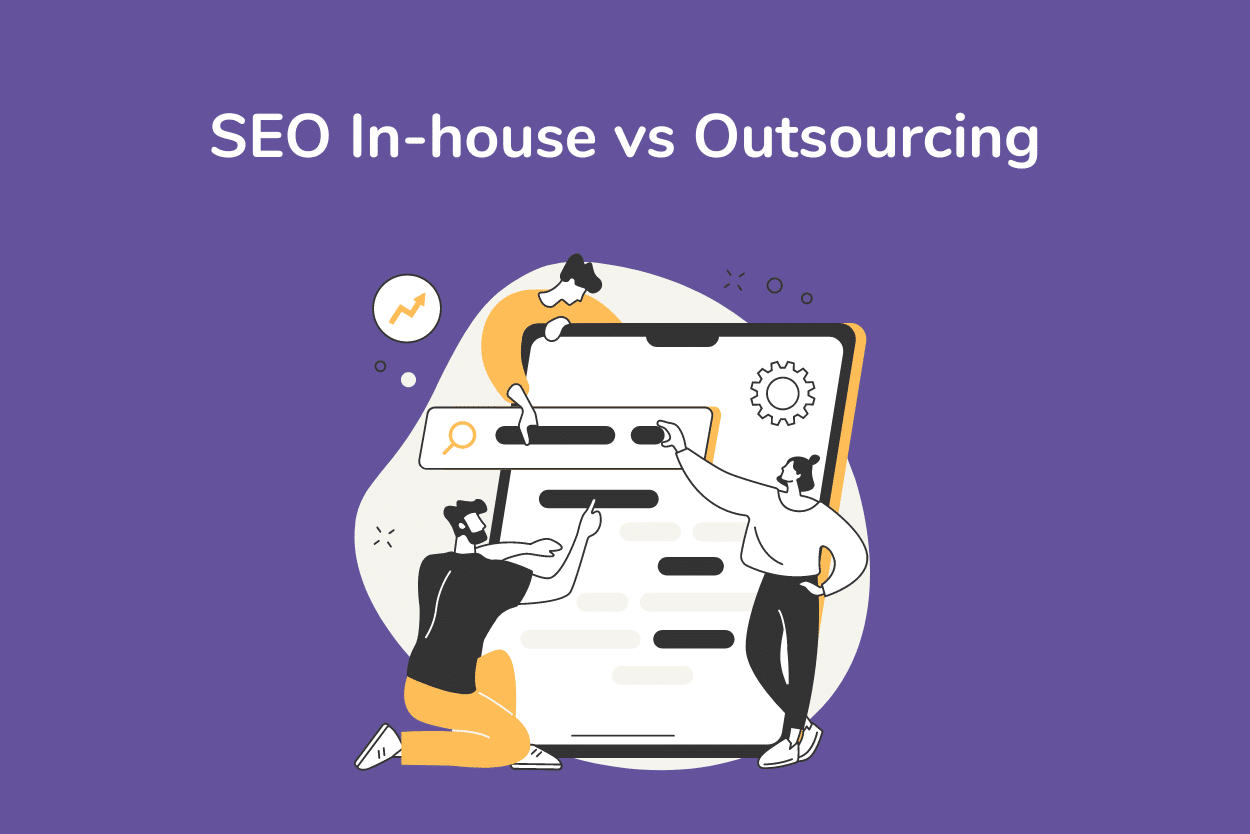The Content Management System (CMS) you choose can have a big effect on how well your SEO works in the fast-paced world of digital marketing. A good CMS not only makes it easier to handle content, but it also helps search engines find your website.
As we move through 2025, it’s important to pick a CMS that works with the most recent SEO standards. This blog post will talk about the best CMS choices for SEO this year, focusing on their strengths and the features you should look for in an SEO CMS.
Which CMS is best for SEO?
We chose by hand a list of the best content management systems (CMSs) that can meet the needs of even the pickiest SEO experts. Every single one of these CMS options was made to improve your website’s SEO and make it rank better in search results. Then you can decide for yourself which CMS is best for your website’s SEO by reading about the differences between them.
1. WordPress

Dominating the market with its vast plugin ecosystem, WordPress remains a top choice for SEO. Plugins like Yoast SEO and All in One SEO Pack make on-page SEO straightforward even for beginners. Its flexibility with themes and plugins allows for tailored SEO strategies.
2. Next.js
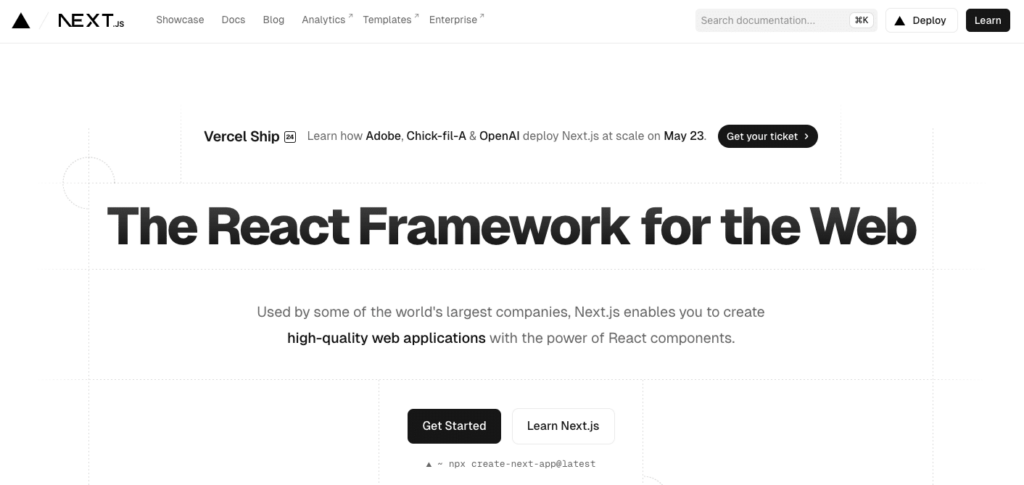
For those looking towards a more modern approach, Next.js offers incredible speed and flexibility. As a React framework, it allows for server-side rendering, which significantly improves load times and indexability by search engines.
3. Drupal
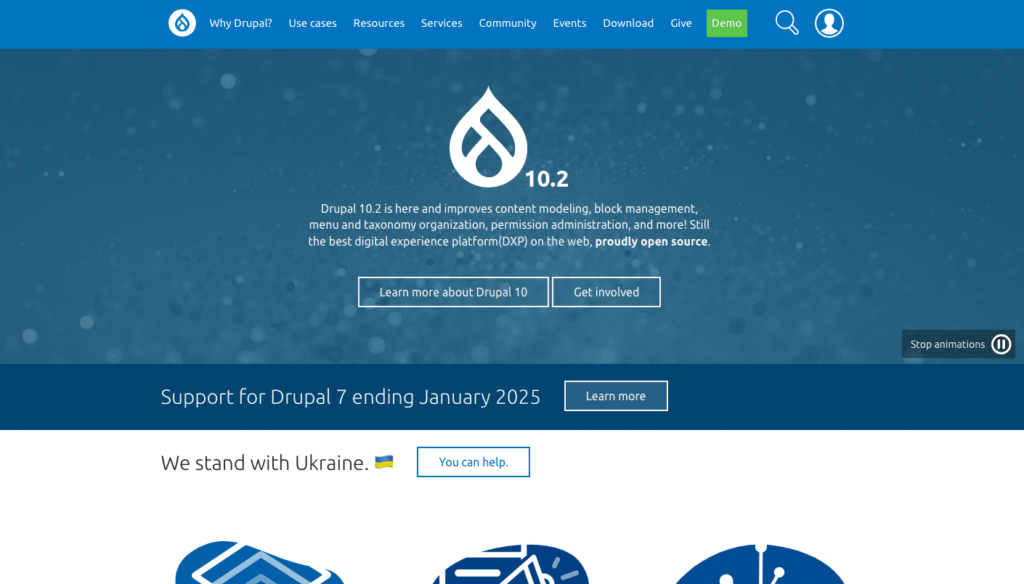
Known for its robust security features, Drupal is highly customizable, making it suitable for complex websites that require detailed content organization and SEO optimization.
4. SiteCore
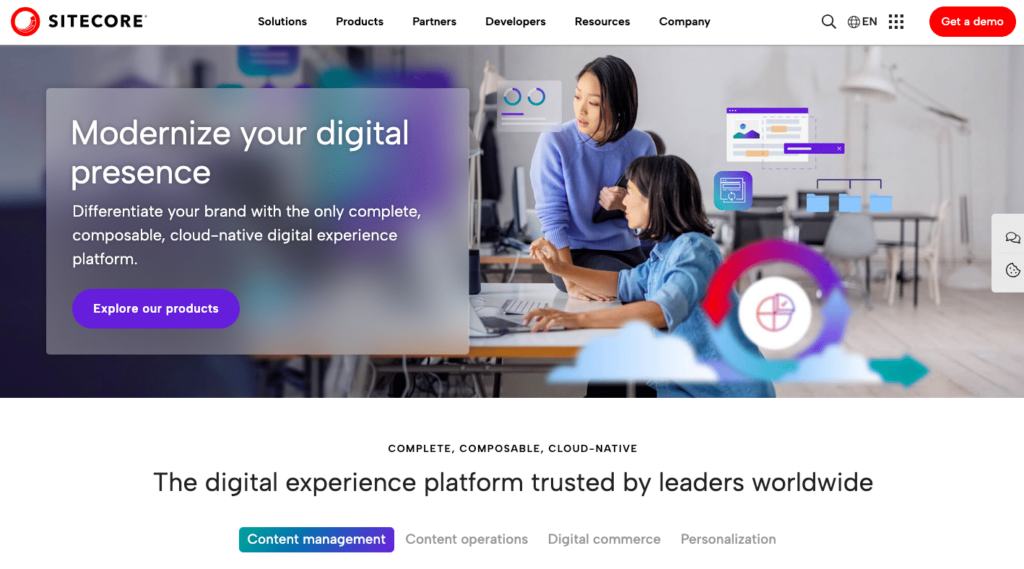
Focused on personalized content, SiteCore is excellent for enterprises that aim to blend content management with customer experience, directly influencing SEO through user engagement metrics.
5. Adobe Experience Manager (AEM)

Ideal for large organizations, AEM offers seamless integration with other Adobe products. It supports complex SEO needs through extensive customization capabilities.
6. Duda
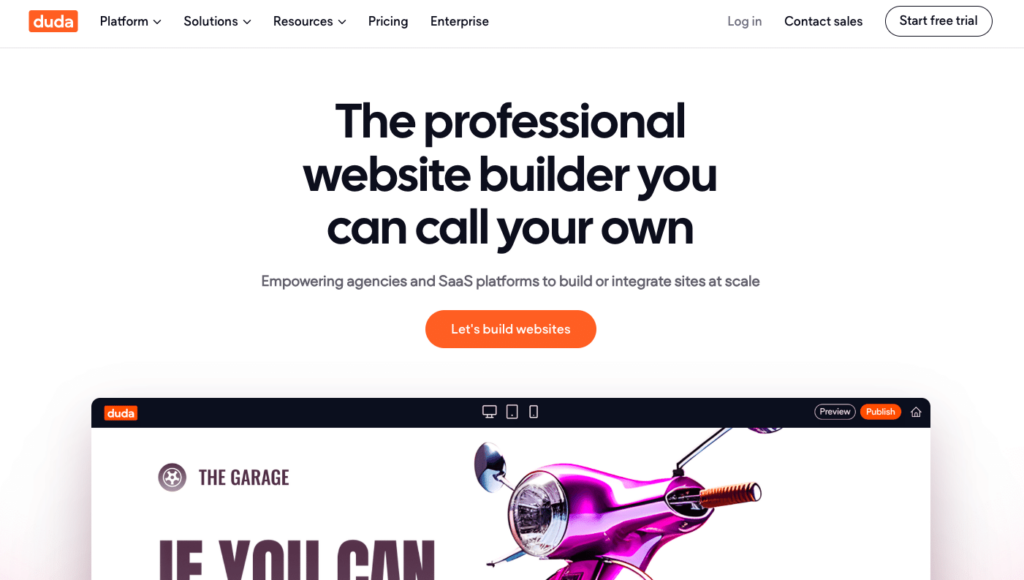
While Duda is particularly user-friendly and great for quick website setups, it also provides powerful tools for mobile optimization, crucial for mobile-first indexing.
7. Webflow

Webflow allows designers to build professional, custom websites without coding. It offers clean code and responsive design, essential for SEO.
8. Magento (Adobe Commerce)

As an e-commerce giant, Magento provides strong SEO features tailored for online stores, including URL structure customization and metadata management.
9. Squarespace
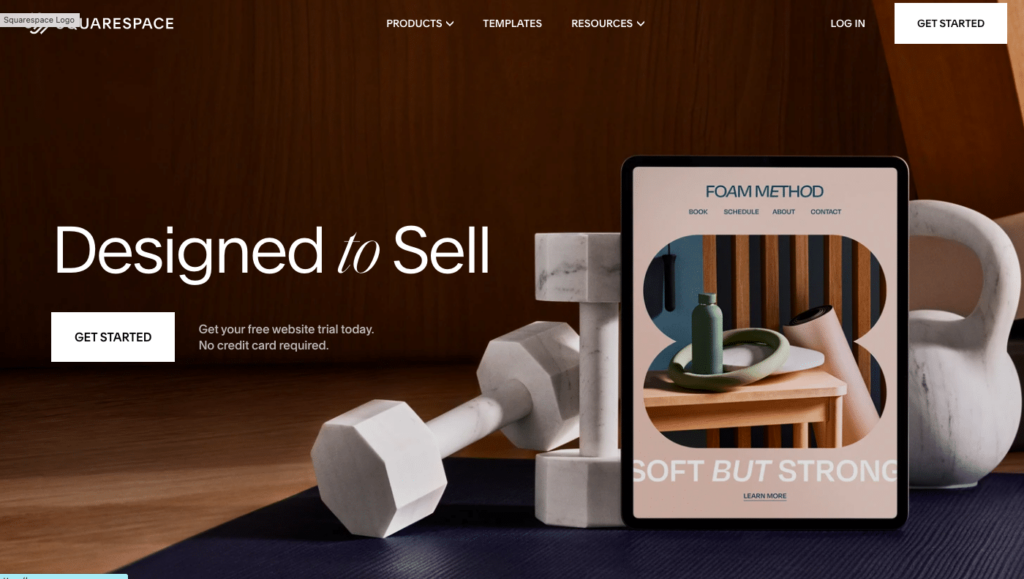
Known for its sleek designs, Squarespace also offers built-in SEO tools that help websites rank well without much external intervention.
10. Wix

Wix has significantly improved its SEO capabilities, offering automatic SEO optimizations and easy integration of advanced SEO techniques.
Essential CMS Features for Optimal SEO in 2025
Understanding the key features of a Content Management System (CMS) that enhance SEO is crucial for any digital marketing strategy. Let’s delve into these features and their impacts on both on-page and technical SEO.
1. URL Settings
Simplified, keyword-focused URLs are beneficial for both user experience and SEO. A good CMS will offer options to customize URL slugs, making your pages more accessible to search engines and easier to index.
2. Customizable Page Elements
A robust CMS allows you to customize essential elements like titles, meta descriptions, and image alt texts. This customization is pivotal for on-page SEO as it lets you strategically place target keywords to improve content relevance and search engine ranking. Look for a CMS that provides character count limits for titles and descriptions to optimize effectiveness.
3. Blogging Tools
Blogs are a cornerstone of effective content strategies. A CMS with versatile blogging tools, including drag-and-drop editors and various multimedia integrations, can significantly enhance the creation of engaging, SEO-friendly content.
4. Internal Linking
Internal linking improves site navigation and helps search engines discover more pages on your site. Advanced CMS platforms include tools or plugins that automate the creation of internal links, enhancing content connectivity and user engagement.
5. Taxonomy
Effective categorization and tagging (taxonomy) help organize content, making it easier for users and search engines to navigate your site. Some CMS options offer advanced taxonomy features, such as topic clusters, which can further refine content structure.
6. Navigation Menus
A well-organized navigation menu is essential for user experience and SEO. It should allow visitors and search engine crawlers to easily find and access content. An optimal CMS will enable easy customization of navigation menus to improve site structure and hierarchy.
7. 301 Redirects
301 redirects are vital for maintaining link equity when deleting or moving pages. They prevent broken links and redirect users and crawlers to relevant content. A user-friendly CMS will provide simple tools to implement these redirects, crucial for site maintenance and SEO.
8. User Friendly Themes
With mobile devices generating a significant portion of online traffic, having a mobile-optimized website is essential. A CMS that offers responsive themes ensures that your site is accessible and optimized across all devices, which is critical for mobile SEO.
9. SSL Certification
SSL certification secures the connection between your website and its visitors, which is a ranking factor for search engines. Opt for a CMS that includes SSL certification, enhancing both security and SEO.
10. XML Sitemaps
XML sitemaps aid search engines in crawling and indexing your site more effectively. While they can be created manually, a CMS with automatic sitemap generation or a plugin option simplifies this process, ensuring all pages are indexed.
Conclusion
The best CMS for your SEO needs in 2025 largely depends on the specific requirements of your website and business goals. Whether you prioritize ease of use, customizability, or specific integrations, there is a CMS out there that fits your needs. WordPress and Next.js are great for versatility and modern web practices, while platforms like SiteCore and Adobe Experience Manager are best for enterprise-level users looking for robustness and deep customization. Evaluate the features that matter most to your SEO strategy to make the best choice for your organization.
